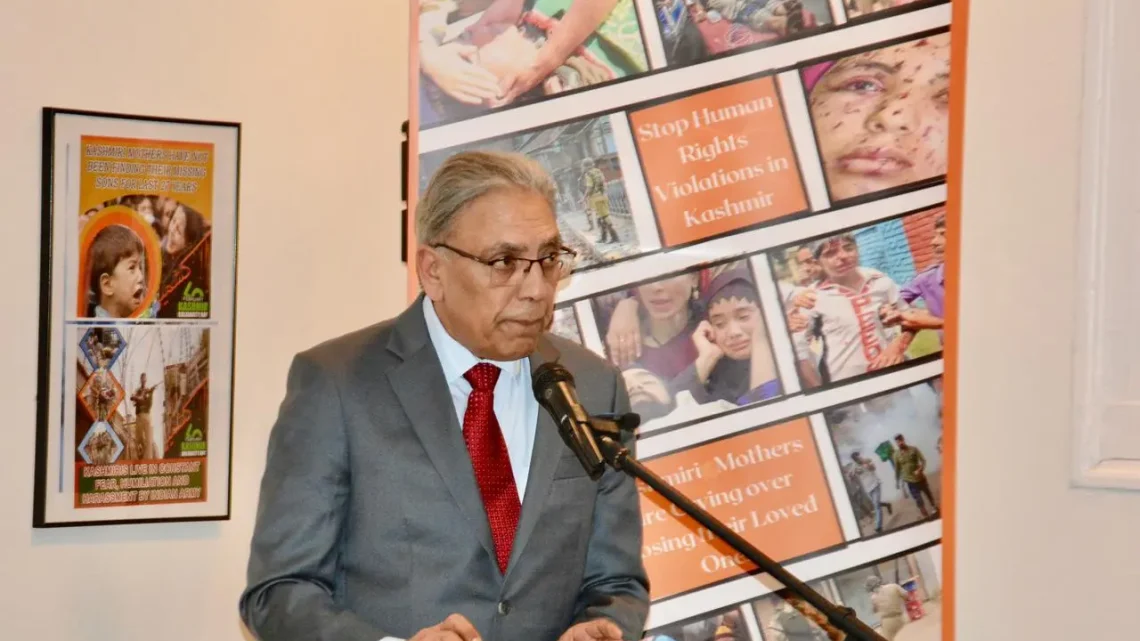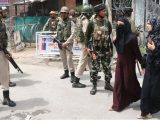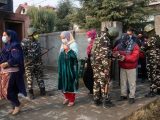
India Attempts to Form a Puppet Assembly through Staged Elections in IIOJK: Chairman KCE
September 18, 2024Ali Raza Syed, Chairman of the Kashmir Council Europe, has voiced strong concerns over India’s intentions in Jammu and Kashmir. He claims that India seeks to establish a puppet assembly through a staged electoral process.
In a recent statement from Brussels, Syed condemned India’s revocation of Articles 370 and 35A on August 5, 2019. This decision stripped IIOJK of its special status, leading to significant political and social changes.
He also criticized New Delhi’s alterations to domicile rules, which allow non-Kashmiris to settle in the region. This shift threatens to change the demographic makeup of the already contested territory, raising alarms among local residents.
Syed argues that India is misleading the international community by organizing assembly elections while maintaining a heavy military presence. With over one million troops deployed, the situation in IIOJK resembles a lockdown rather than a free electoral environment.
He questions the legitimacy of these elections, especially as prominent Kashmiri leaders, such as Masarrat Aalam Butt, Muhammad Yasin Malik, and human rights defender Khurram Parvez, remain incarcerated in Indian jails. Their absence from the political process underscores the lack of true representation for Kashmiris.
Syed emphasizes that elections orchestrated under Indian authority cannot resolve the Kashmir issue. They do not fulfill the fundamental right to self-determination that Kashmiris have long sought. Instead, he advocates for a UN-supervised plebiscite, allowing the people of Kashmir to determine their own future.
The ongoing occupation of Jammu and Kashmir by India is considered illegal by many, including Syed and the local populace. The demand for the recognition of Kashmiris’ rights is paramount, as they continue to reject the current political setup imposed upon them.
As international attention shifts to the region, it is crucial to highlight the realities on the ground. The electoral process, characterized by military presence and repression, undermines the very principles of democracy.
To conclude, the situation in IIOJK reflects a struggle for identity, autonomy, and justice. The call for a genuine electoral process, free from coercion and manipulation, resonates strongly among the Kashmiri people. They continue to seek a future defined by their own choices, free from external imposition.

